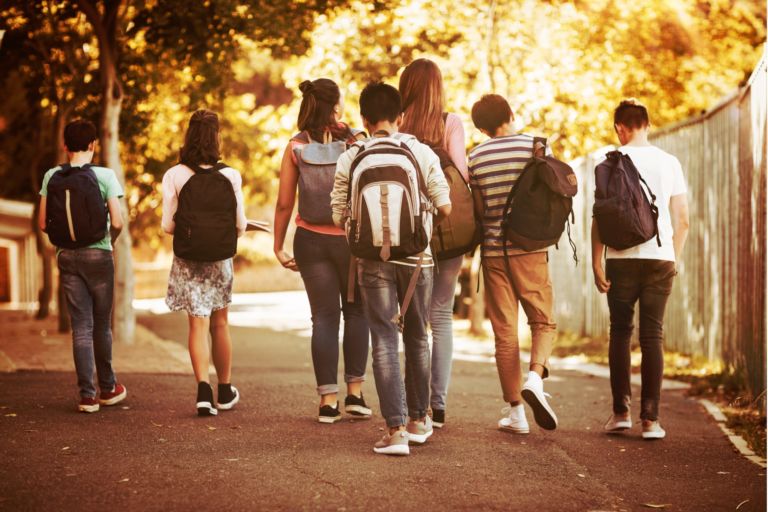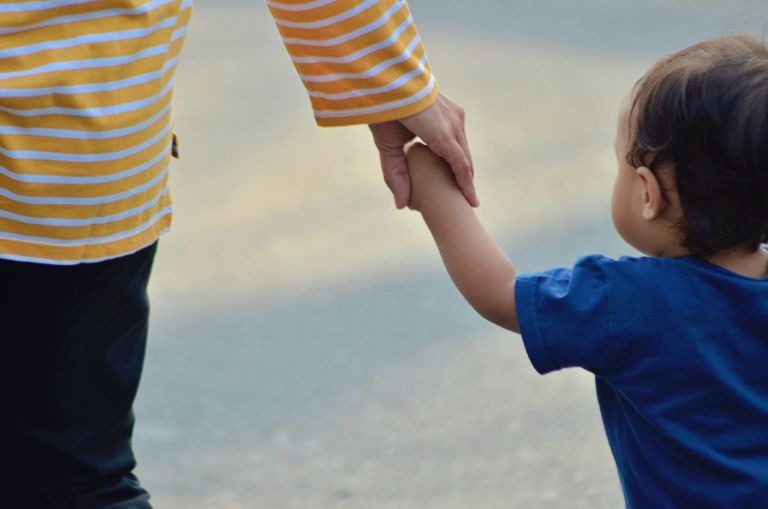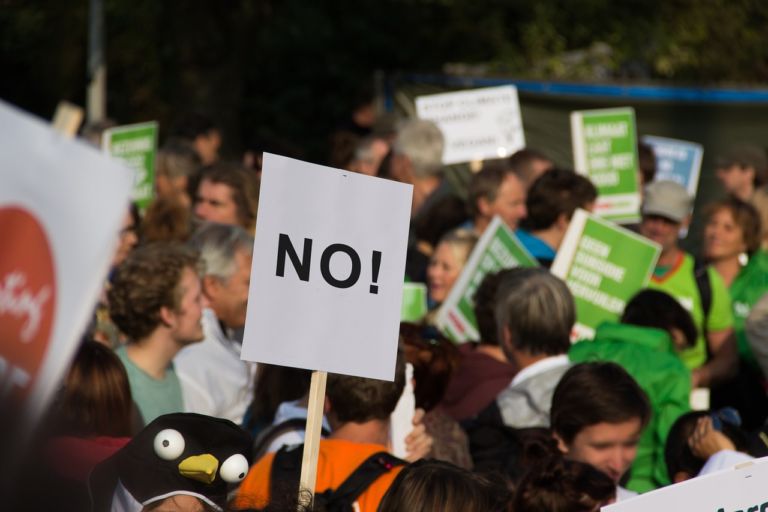Katherine Timpf exposes at National Review Online the latest example of kooky social engineering.
According to a piece in U.S. News and World Report, some schools in the United States and Europe “are attempting to ban the entire concept of children having best friends,” because it’s not inclusive and kids get hurt.
“The notion of choosing best friends is deeply embedded in our culture,” child and family psychologist Dr. Barbara Greenberg writes in a piece titled “Should Schools Ban Kids from Having Best Friends?”
“Nonetheless, there is, in my opinion, merit to the movement to ban having best friends,” she continues.
According to Greenberg, “there is something dreadfully exclusionary occurring when a middle schooler tells the girl sitting next to her that she is best friends with the girl sitting in front of them.” …
… Is a best friend an “exclusionary” thing? Sure. Do kids without best friends feel like garbage sometimes? Absolutely. But the truth is, Greenberg is making the same incorrect assumption that so many people make when they advocate for banning language: that changing the language will change a single damn thing about the reality.
It won’t.
Instructing children, as Greenberg suggests, to talk about “close friends” instead of “best friends” isn’t going to change those friendships any more than suddenly referring to your ex as “my boyfriend” is going to mean that you’re back together.


